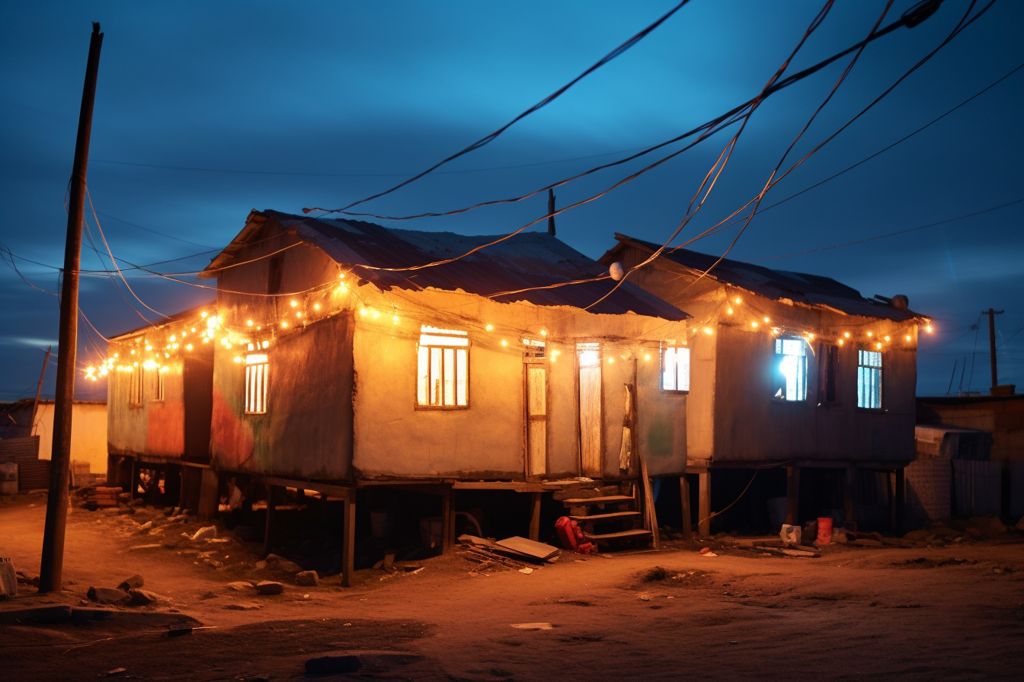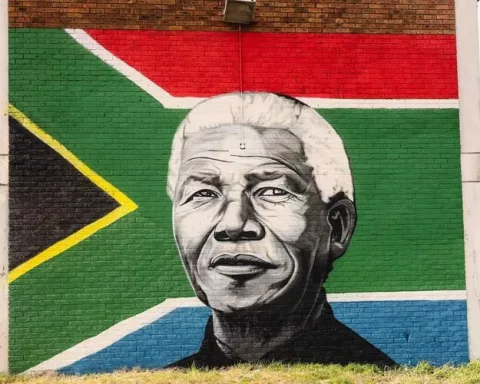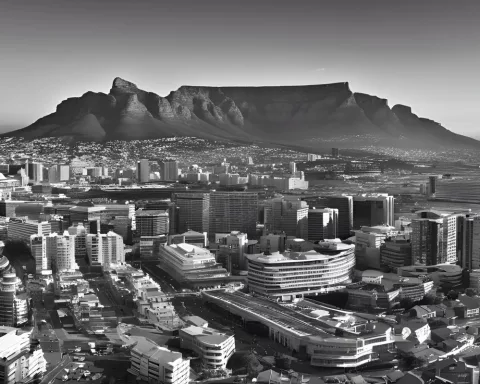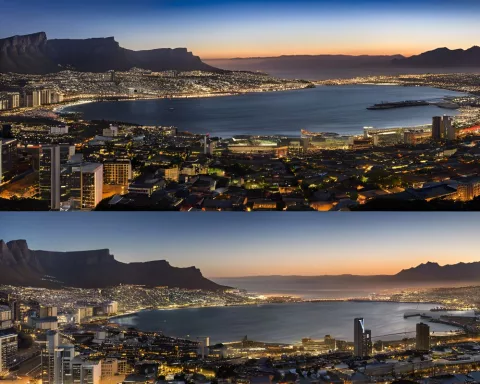The electrification project in Gugulethu’s Khikhi and NY61 areas is a significant milestone for the community. The initiative has connected 571 households to the electricity grid, transforming the living conditions of the residents and improving their safety by eliminating the need for open flames.
City’s Commitment to Electrification
The City’s priority has been to electrify nearly all older informal settlements in the metro on City-owned land. This achievement was recently celebrated with the attendance of City’s Mayoral Committee Member for Energy, Councillor Beverley van Reenen, and other dignitaries in the area.
Success of the Electrification Project
Councillor Van Reenen expressed her satisfaction with the completion of 401 planned connections in the area. The City allocated almost R4.5 million to ensure the project’s success, demonstrating a commitment to improving the lives of its residents.
‘Doing More’ to Bring Electricity to More Homes
Under the theme of ‘Doing More,’ Councillor Van Reenen announced the electrification of over 2,012 homes since July 2022. These connections encompass subsidized housing, informal settlements, infills, and backyarder connections. The City has invested approximately R24 million in these projects, benefiting thousands of people and creating better opportunities for residents and their children.
A Brighter Future for Gugulethu
The electrification project in Gugulethu’s Khikhi and NY61 areas provides access to basic electricity services and a sense of security for residents. The improved living conditions will undoubtedly contribute to unlocking opportunities for the residents and their children to prosper.
Remaining Vigilant and Reporting Damage
Residents are urged to report any damage to municipal electrical infrastructure. Anonymous tip-offs can be made to curb illegal activities relating to the electricity grid. In case of emergencies, residents can call 112 from a cell phone (toll-free) or 107 from a landline, or 021 480 7700.
Investing in Infrastructure for a More Secure Future
The electrification of Gugulethu’s Khikhi and NY61 areas is a reminder of the positive impact infrastructure projects can have on communities. By providing essential services and prioritizing the needs of its residents, Gugulethu is set on a path toward a more prosperous and secure future.












